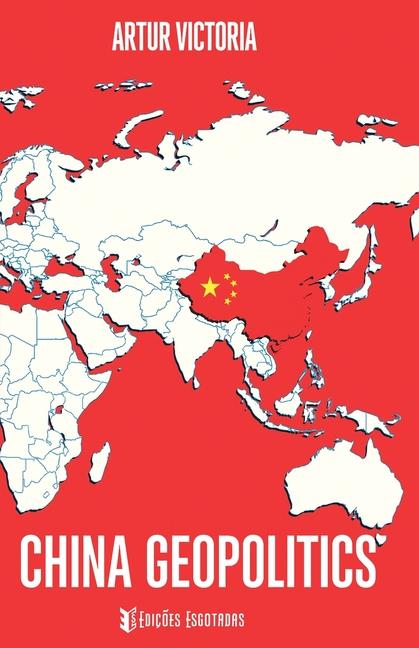Description
China is determined to innovate and open up in order to explore new ideas, new models and new paths for international development cooperation, drawing on the successful experience of other countries and international organisations, actively participating in multilateral development cooperation.
Through its joint work with the international community, it participates in the implementation of the United Nations 2030 Agenda for Sustainable Development, and supports the efforts of developing countries to achieve sustainable development.
The country is a global industrial powerhouse, known for its large-scale production of consumer goods, electronics, textiles and industrial equipment. Its large workforce, investment in infrastructure and export-oriented policies have made it an important export and manufacturing centre for multinational companies.
China advocates results-orientated cooperation and efficiently and pragmatically attaches great importance to the effectiveness and sustainability of projects, committing itself to improving the quality and efficiency of international development cooperation in order to achieve tangible results that benefit the world's population.
With its economy, China has become a key player on the world stage. Its exponential growth and industrialisation have led to its emergence as a major economic power, rivalling other countries. This situation has not only changed the world's geopolitical landscape, but has also had a profound impact on international relations.
China's economic transformation, a narrative of impressive speed and scale, is fundamentally linked to its growth strategy. This approach, meticulously crafted and tirelessly pursued, has seen it go from a largely agrarian economy to the second largest economy in the world in just a few decades. Understanding this strategy is essential to understanding the nation's remarkable rise and its profound impact on world geopolitics.
Product Details
- Jul 1, 2025 Pub Date:
- 9798231150359 ISBN-10:
- 9798231150359 ISBN-13:
- English Language




